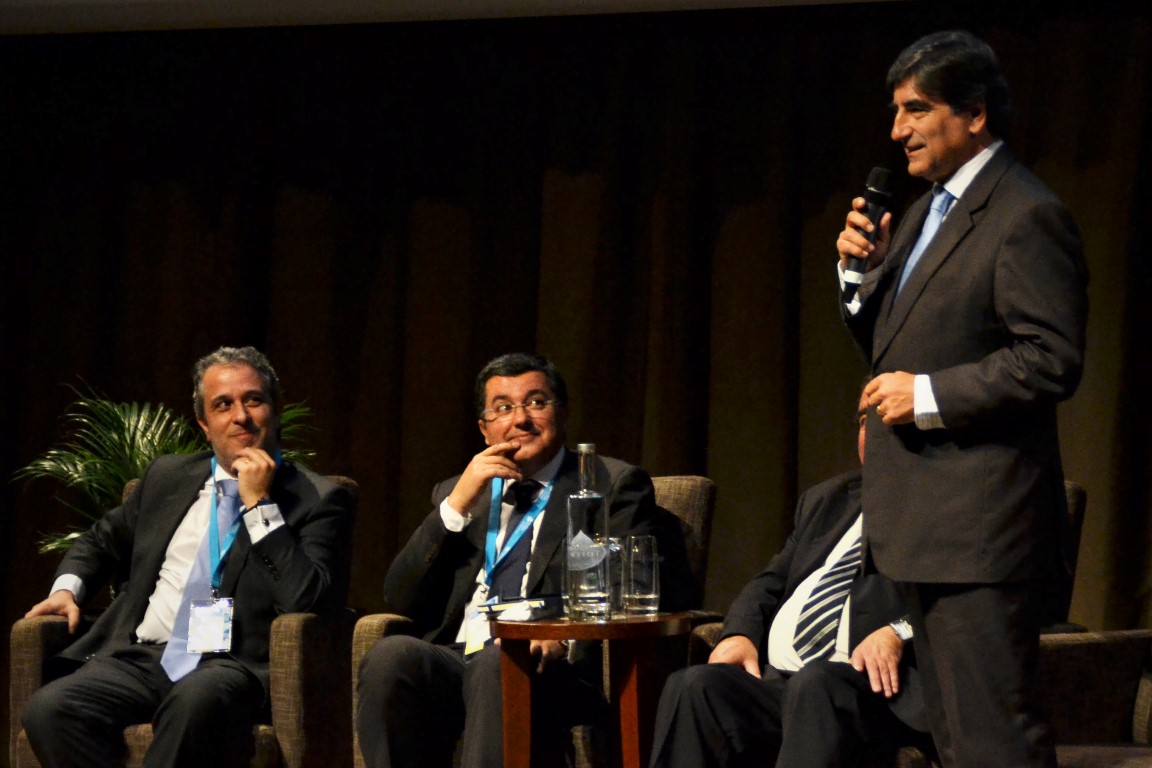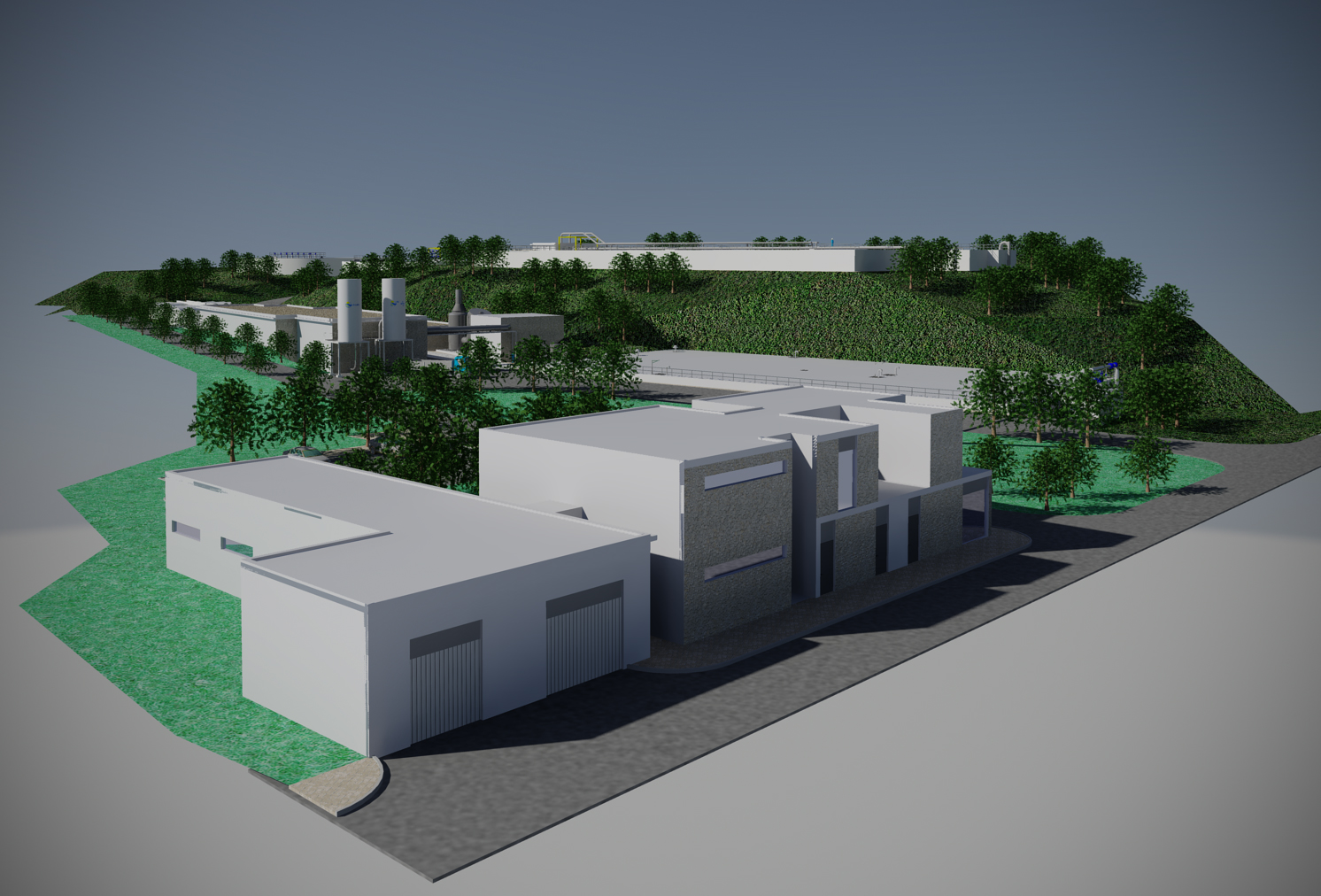
The effluent treated in the Wastewater Treatment Plants (WWTP) of Companheira and Faro/Olhão, which are being built, will be reused for other purposes, namely for irrigation. The guarantee was given this Thursday by Carlos Martins, Secretary of State for the Environment, who participated in the opening session of the meeting «Desafios da Água», which took place at the Palácio de Congressos do Algarve, in Albufeira.
On the sidelines of the session, Carlos Martins told journalists that, «in the case of the Companheira WWTP, the water will surely be reused, because there is already work done, coming from behind, between EMARP and Águas do Algarve, in order to reuse treated water'.
According to the official, this water, subject to “a more robust system in terms of technical control, will have great potential for reuse. EMARP already has a set of projects for its reuse and I admit that, very soon, these plans can be translated into something concrete».
With regard to the WWTP of Faro/Olhão, «the studies do not have the same level of development, but both the municipality of Olhão and the Faro, are motivated to make some use of this water. In Olhão, in particular, the possibility of this water being used to recharge agricultural areas which, in recent years, in some irrigation perimeters, has shown problems has been analyzed. This water may come to support the irrigation of orange groves and other crops that are in need”, said Carlos Martins.

This treated water can even be used for direct irrigation 'provided it meets certain specifications. But, I would say, with the level of treatment that these WWTP will allow, it can be used for direct watering of fruit trees without any problem,” added the official.
«The problems only arise with green products, because more care needs to be taken at a bacteriological level and, even so, the stations may have additional treatment, to allow the use of this water also for green products», said Carlos Martins.
The reuse of the effluent that results from the treatment in the WWTP will be a reality in the Algarve, but it is also a commitment at national level, even to lessen the effects of the drought that affects the country. Carlos Martins added that the Portuguese Environment Agency "was tasked with creating a national strategy for the reuse of wastewater treated in the WWTP and this work should be completed by mid-2018".
After this strategy, which should be completed in June, is presented, the companies that manage the WWTPs must present a plan to implement water reuse by the end of the year.
«We would like that, in June, on Environment Day, we could have this strategy designed and we want, on December 31, the entities that manage the 50 largest WWTP, which correspond to 75% of the flows treated in Portugal, to present a concrete plan , with investments and economic feasibility studies. We intend that, in 2019, these plans are materialized», said Carlos Martins.
According to the Secretary of State for the Environment, «the waters treated in the WWTP, depending on the level of treatment to which they are subject, all have the potential for reuse. We can have water that can be reused to wash streets, containers, municipal park vehicles, in almost any type of irrigation, it can be a reserve for firefighting… It can even, at the limit, be incorporated into aquifers for recharge».
Currently, the percentage of water reuse, at the national level, "will range between 1,5% and 2%", but the Government wants that, in the next five years, this figure will rise to 10% and that, in seven years from now, , reach 20%.


















Comments